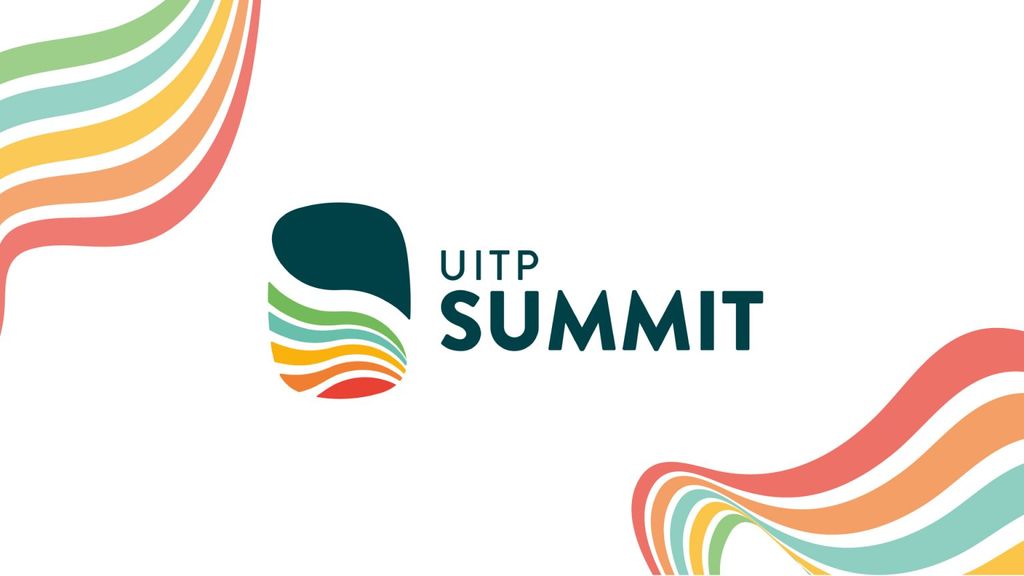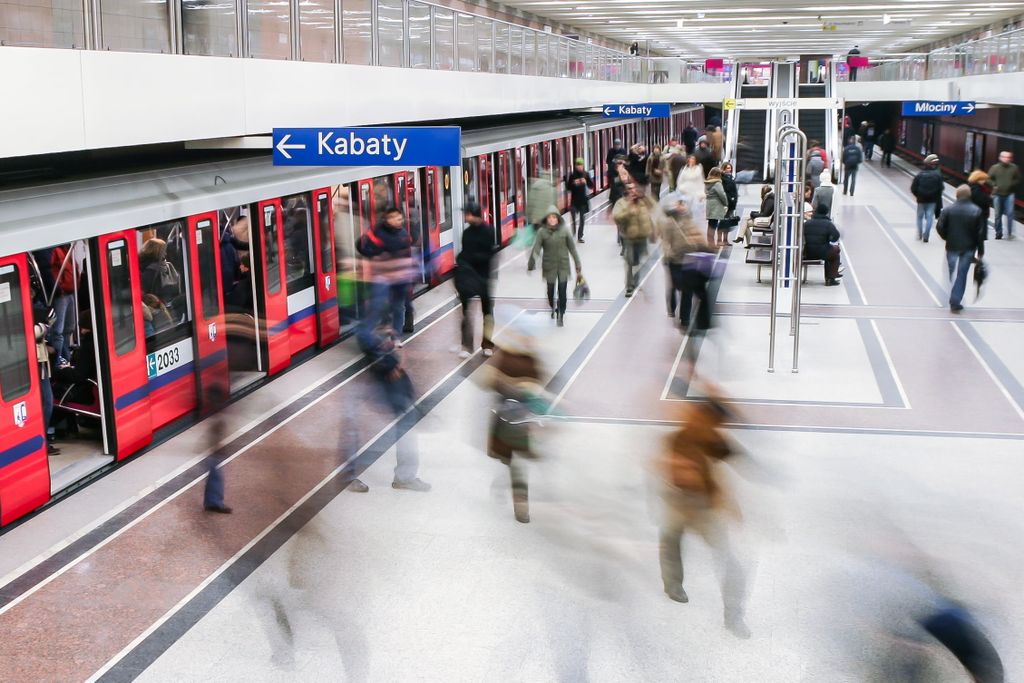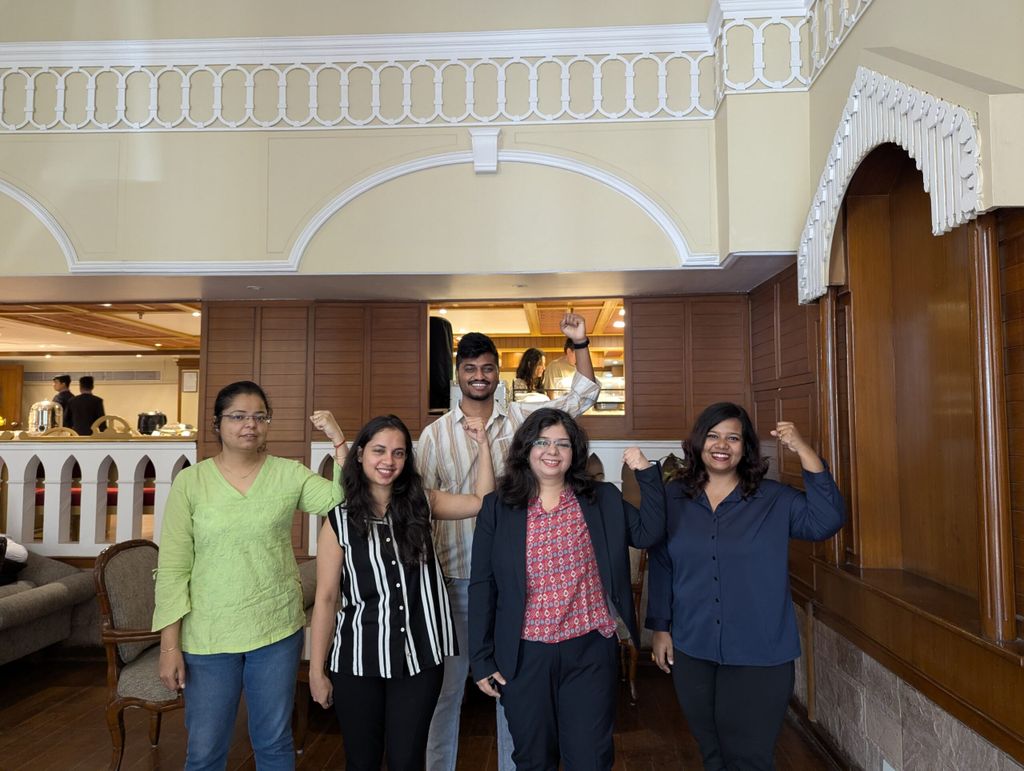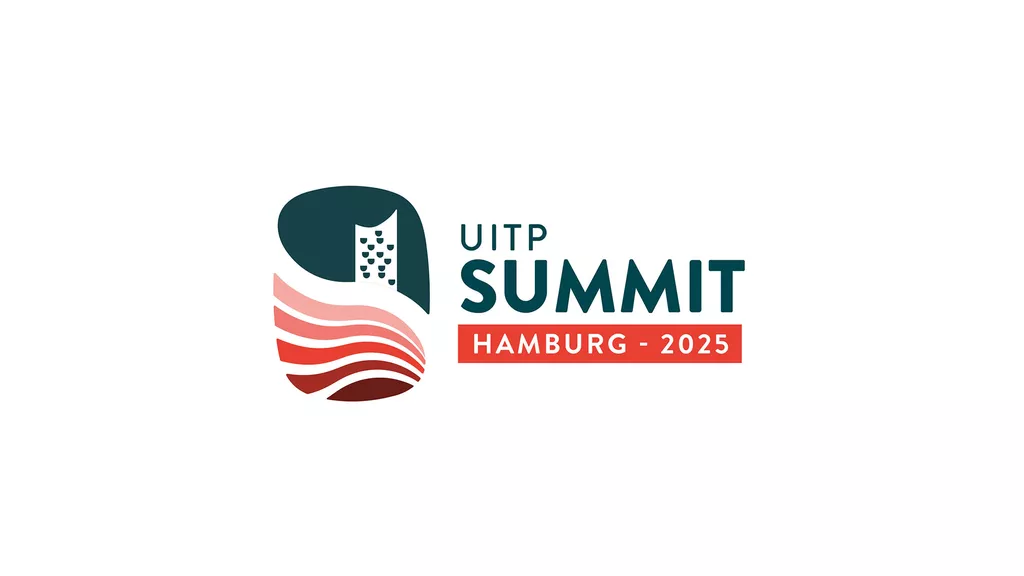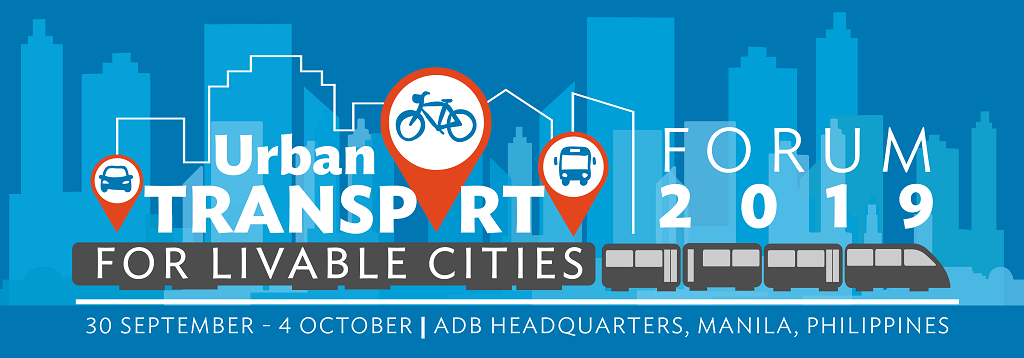
Knowledge-Sharing at ADB Urban Transport Forum to Advance Sustainable Urban Mobility in South-East Asia
Urban Transport for Livable Cities Forum 2019
UITP Asia-Pacific joined the Urban Transport for Livable Cities Forum 2019 organised by the Asian Development Bank (ADB) in Manila, Philippines from 30 September to 4 October 2019, as one of the Supporting Partners.
Effective public transport systems and sustainable urban mobility are key enablers to make a city livable. Best practices from all over the world show that sustainable mobility can be achieved when public transport is the backbone of mobility with a complementary system of highly integrated multi-modal plan including walking, cycling, shared mobility and new mobility services. Yet, these practices are essentially coming from developed countries and cities. In Asia, cities like Seoul, Singapore, Taipei and Tokyo are leading in providing high quality urban transport.
ADB invited development banks (JICA, AFD, GIZ, KFW), decision-makers predominately from South-East Asian Cities, urban transport specialists (UITP, WRI, UNDP, ITDP) to exchange knowledge, debate and define forefront solutions to build sustainable urban mobility systems specifically adapted to developing Asian context.
UITP Asia-Pacific was invited to share its expertise and in-depth knowledge of the region on
- The impacts of the Fourth Industrial Revolution on urban mobility trends;
- How artificial intelligence can be effective for public transport;
- How Mobility-as-a-Service (MaaS) and shared mobility are changing public transport landscape;
- The take-aways and state of the European electric bus and battery sector;
- ‘Outside the box’ measures to ensure financial capability and viability for the development of public transport infrastructure, services and advanced technologies in developing Asia
Key take-aways from the Forum
- Collaboration is key to advance sustainable mobility in developing countries.
- Cooperation should be inclusive of all stakeholders (local and national governments, the private sector, development and knowledge partners, citizens).
- Public-private partnerships are not easy but early collaboration enables flexible regulations and is a productive environment to instill innovation.
- Data-based diagnostic improves and facilitates informed decision-making.
- Diagnostic shall be shared between partners.
- Data gaps can be filled in developing data analytics from data collected but not used and from qualitative data.
- Funding mobility projects is unbalanced compared to the expected benefits.
- Robert Guild, Chief Sector Officer, Sustainable Development and Climate Change Department at ADB said “Transportation is responsible for 25% of greenhouse gas emissions but receive 3% of climate-related funding. We need to be better advocates.”
For more information on UITP’s publications
- Executive summary of the Artificial Intelligence in Mass Public Transport publication (Dec. 2018) by UITP Asia-Pacific Centre for Transport Excellence (publication is also available for sale, contact [email protected]).
- The Value of Public Transport: How to Implement Land Value Capture Policy Brief (Sept. 2019).
- The Impact of Electric Buses on Urban Life Policy Brief (June 2019).
- Ready for Maas? Easier Mobility for Citizens and Better Data for Cities Report and Policy Brief (May 2019).
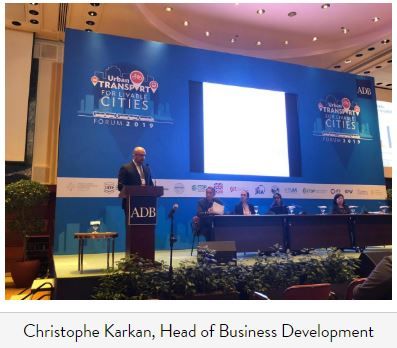
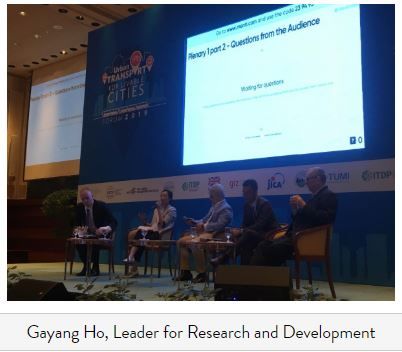
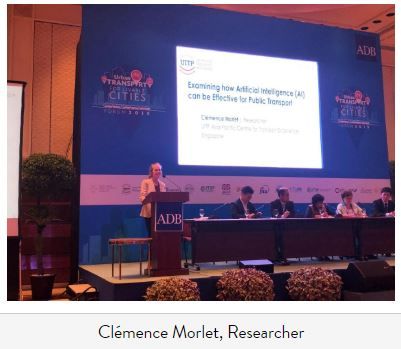
exclusive resources

